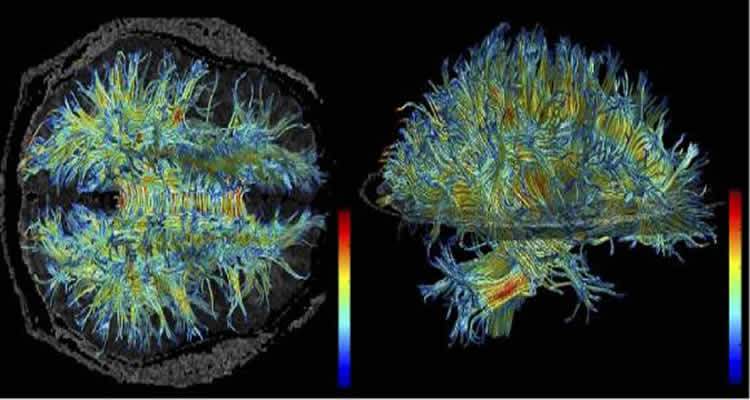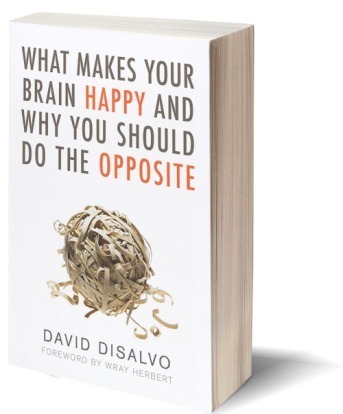Posts Tagged ‘mental’
To call, or to text, that is the (mental well-being) question
Like most people, I’ve been doing a lot of texting with friends and family lately. COVID-19 (and the physical separation it necessitates) has made socializing in person very limited, which means I’ve had to work harder than ever to keep my relationships strong and healthy. But a new study suggests that if that’s my aim,…
Read MoreMove, Nourish, Connect, Be: Four daily habits to protect our mental well-being while sheltering in place
__ It’s a crazy time. Here in the California, we are sheltering-in-place, leaving the house only for essentials like groceries and medical care. And while we’re all (appropriately) focused on caring for the physical health of ourselves, our families, our communities, and society at large, our mental, emotional, and social health needs are quickly emerging…
Read MoreNeuroplasticity and “real” Brain Games: The opportunity at hand
In preparation for the new season of National Geographic’s Brain Games, their producers asked me to participate in a virtual roundtable around this thought-provoking question: Do you think individuals can train their brain to respond in a particular way to certain situations, or do you think our brain’s innate “startle response” is too hardwired to alter? My…
Read MoreWhat makes your brain happy and why you should do the opposite
(Editor’s Note: This is an excerpt from David DiSalvo’s new book What makes your brain happy and why you should do the opposite.) Taking a position in any argument—large or small—is slippery business for our brains. We can have every intention of honestly pursuing an answer, yet still fool ourselves into thinking our method is…
Read MoreNew resource: Brain Fitness for All
In light of the current BBC-led controversy on whether “brain training” works, we believe it is critical to spend some time discussing the basics of brain functioning and brain-healthy lifestyles, what “brain training” is and isn’t (to be accurate, the BBC didn’t test Brain Training as a category, only the new games that their researchers…
Read MoreManage Stress for Your Brain Health
We just received this very insightful essay on stress management and brain health written by Landon, a homeschooler and participant in Susan Hill’s writing workshop. Susan asked her students to write about implications of recent brain research. Enjoy the article and the long weekend (at least here in the US) and Relax… ——————— Stress Management for…
Read More


